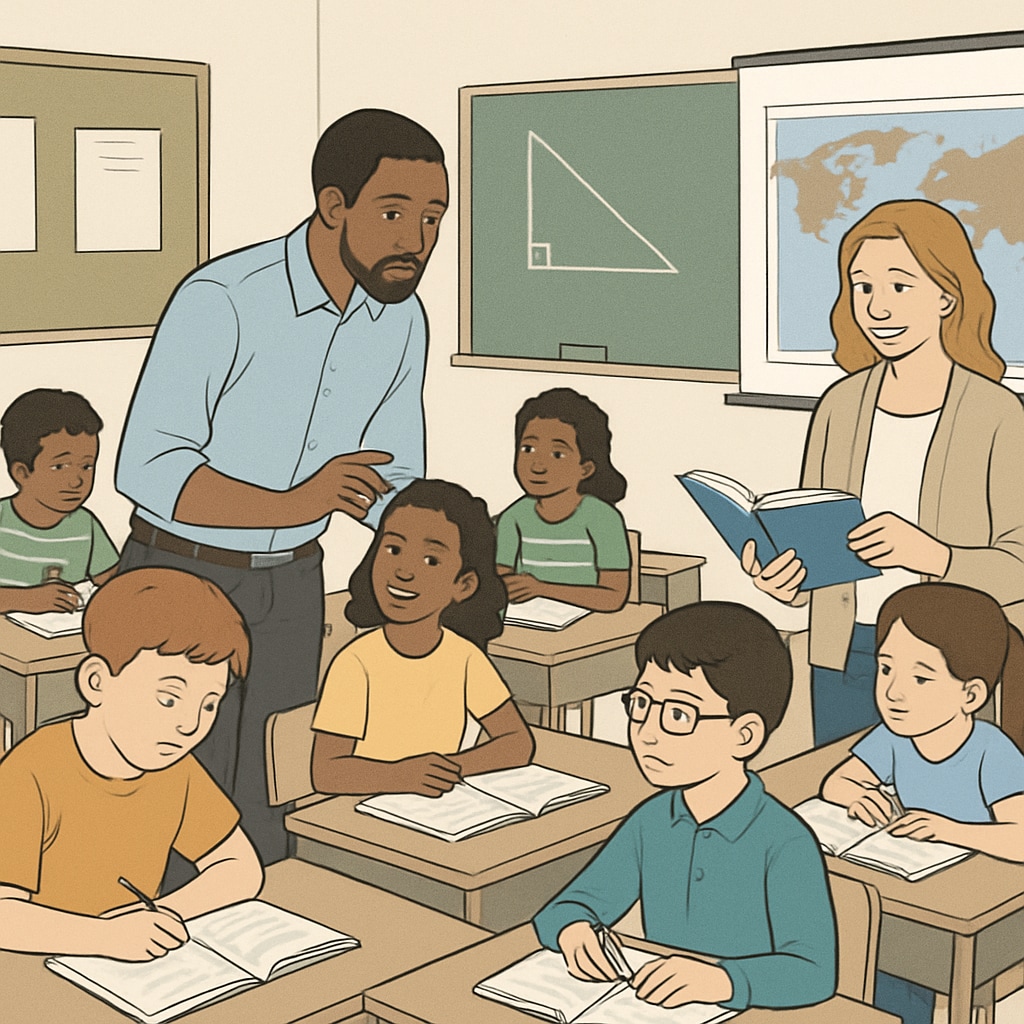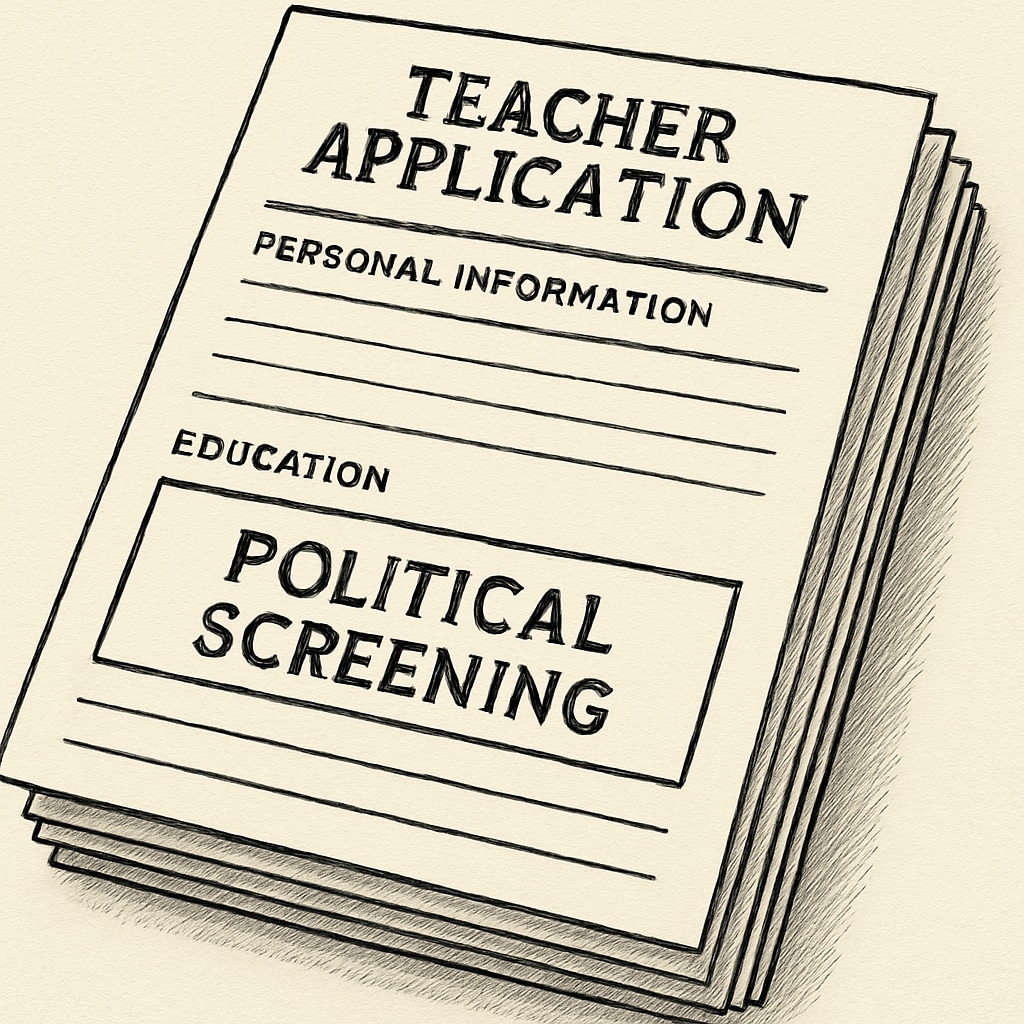The introduction of a political stance test for out-of-state teacher applicants in Oklahoma has set off alarm bells across the education sector. This policy, aimed at identifying and excluding educators with so-called “radical ideologies,” brings into question the balance between education neutrality and political influence. While proponents argue that the measure protects students from inappropriate teachings, critics warn that it risks undermining academic freedom and the broader integrity of K12 education.
Political Screening: A Controversial Addition to Teacher Applications
Oklahoma’s decision to require a political stance evaluation as part of its teacher application process has sparked nationwide debate. The policy, which mandates applicants disclose their views on certain ideological topics, is framed as a safeguard against “radical” or “divisive” teachings in classrooms. However, critics argue that this approach is inherently subjective, making it difficult to enforce without bias.
For example, educators who support diversity and inclusion initiatives may be labeled as promoting “radical ideologies,” while those with opposing views might pass the screening process. This raises questions about whether such policies are truly about safeguarding education or imposing a particular political agenda.

The Broader Implications: Academic Freedom at Risk
The politicization of teacher application processes could have far-reaching consequences, not only for educators but also for students. Academic freedom—the ability of educators to teach without fear of political or ideological repercussions—is a cornerstone of effective education. Policies like Oklahoma’s, however, may dissuade talented teachers from applying, particularly those with progressive or controversial viewpoints.
Moreover, this policy sets a troubling precedent for other states. If political stance tests become normalized, the overall educational landscape could shift toward ideological homogeneity, limiting students’ exposure to diverse perspectives. As a result, students may miss out on critical thinking opportunities that come from engaging with varied viewpoints.

How Politicization Affects K12 Education
The intersection of politics and education is not new, but the formalization of political stance tests introduces a new level of scrutiny into K12 classrooms. While education is often influenced by societal values, overt political involvement risks prioritizing ideology over pedagogy.
Some potential impacts include:
- Teacher Shortages: Policies like this may discourage qualified educators from applying, exacerbating already critical teacher shortages.
- Reduced Diversity: By filtering out applicants based on perceived ideological alignment, schools could lose teachers who bring varied cultural, social, and intellectual perspectives.
- Student Outcomes: A less diverse teaching workforce may limit students’ ability to develop critical thinking skills and empathy for differing viewpoints.
These risks highlight the importance of maintaining education as a neutral space where students can explore ideas freely, without undue political influence.
Looking Ahead: Striking a Balance
Oklahoma’s political screening policy has ignited an important conversation about the intersection of education and politics. While safeguarding students from harmful ideologies is a legitimate concern, doing so through subjective and potentially biased measures could do more harm than good. Policymakers must find ways to ensure classroom neutrality without infringing on the rights of educators or limiting students’ access to diverse perspectives.
As this policy continues to unfold, it will be vital to monitor its impact on teacher recruitment, classroom dynamics, and student outcomes. Stakeholders across the education sector must work collaboratively to address these challenges while keeping the best interests of students at the forefront.
In the end, education should empower students to think critically, engage with diverse ideas, and develop the skills needed to navigate an increasingly complex world. Balancing this mission with societal concerns about ideology will require careful consideration and a commitment to upholding academic freedom.


